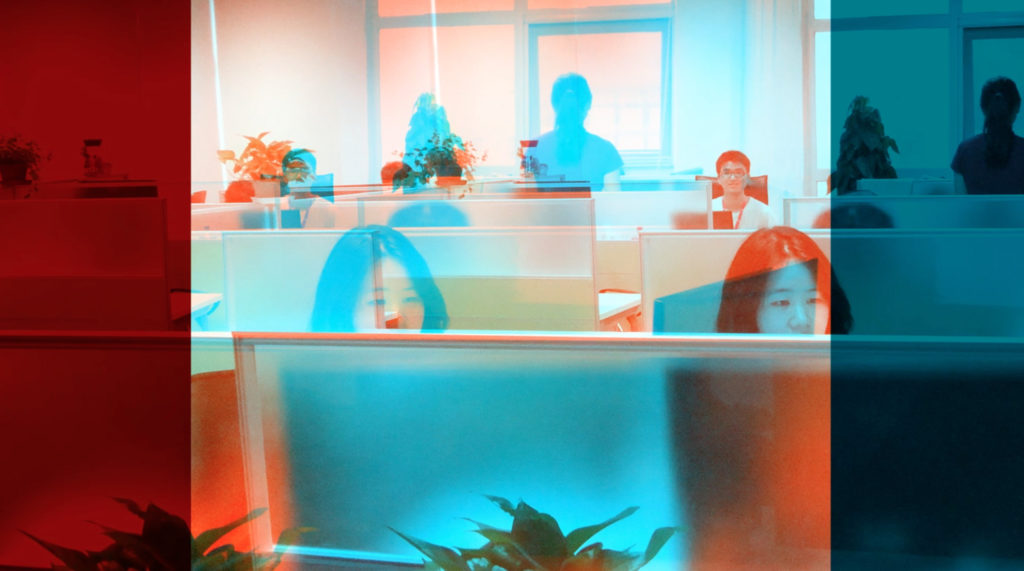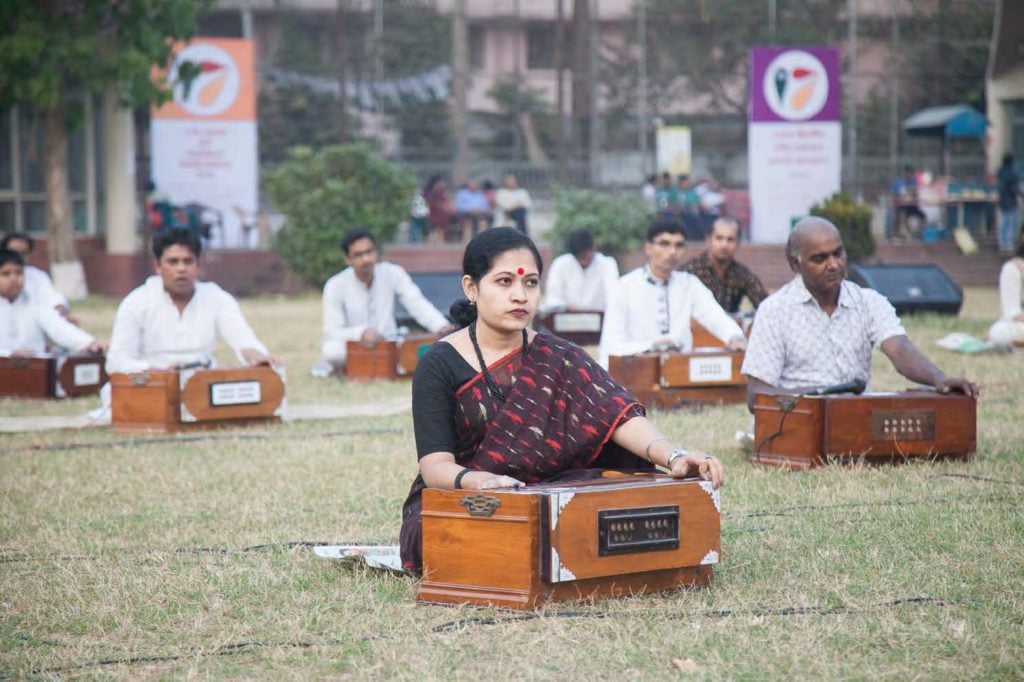Art World
Dhaka Art Summit Extends Its Program for 2018, Pulling in Some of the Biggest Names in the Region
Tate director Maria Balshaw among guest curators heading to Bangladesh next February.

Tate director Maria Balshaw among guest curators heading to Bangladesh next February.

Naomi Rea

For its fourth edition next February, the Dhaka Art Summit is expanding, adding extra days and luring big names to the event in Bangladesh, which claims to be the largest non-commercial research and exhibition platform in South Asia.
The nine-day event, which its organisers prefer not to call a biennial, is up from four days in 2016. It will feature a section co-curated by Tate’s director Maria Balshaw, a newly commissioned work by Rasheed Araeen, and workshops led by Superflex and Raqs Media collective, among others.
The event in Bangladesh, which has a budget of around $2 million, was founded in 2012 by the Samdani Art Foundation, which also funds the project. It aims to promote contemporary and historic art from the region as well as encourage thinking about it in a wider geographical and cultural context. Last year, the free and unticketed event drew 138,000 locals and 800 international visitors.
The foundation’s artistic director Diana Campbell Betancourt will once again lead the curatorial team in 2018, with Simon Castets of the Swiss Institute overseeing the panel for the Samdani Art Award. Bangladesh’s premiere art prize, the Samdani Art Award is given to a local emerging artist selected by a panel including leading artists Mona Hatoum, Sheela Gowda, Subodh Gupta, and Runa Islam.
In total around 300 artists will contribute work to ten curated exhibitions, a third of which will have been newly created for the 2018 summit.

Reetu Sattar’s Lost Tune performance at 17th Asian Art Biennale, Bangladesh, Shilpakala Academy, December 2016. Courtesy the artist.
Newly commissioned works besides Arareen’s bamboo sculpture entitled Rite/Right of Passage (2017) include an installation by Sheela Gowda that explores Bangladeshi material culture. Also new will be a 3-D film by local artist Zihan Karim as well as a musical performance by Reetu Sattar co-commissioned by the Liverpool Biennial. Sattar, Goshka Macuga, Hassan Khan, and Silas Riener will further contribute to an exhibition taking as its starting point the utopian ideas of the 1966 Shiraz-Persepolis Festival of Arts, a spectacular annual event that came to an end when the Shah of Iran was toppled during the Iranian Revolution.
Dhaka Art Summit 2018 will take place from February 2 – 10 at the Bangladesh Shilpakala Academy.